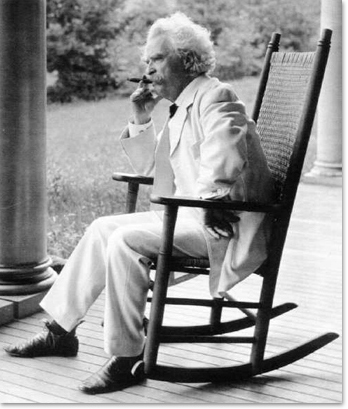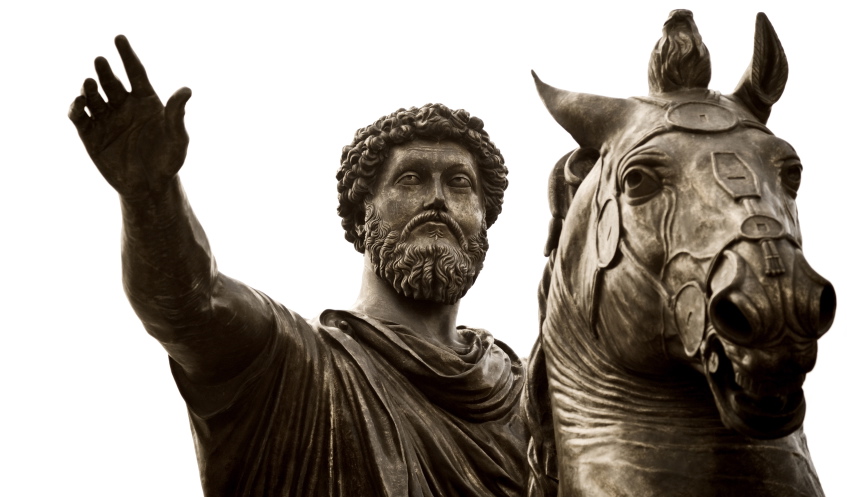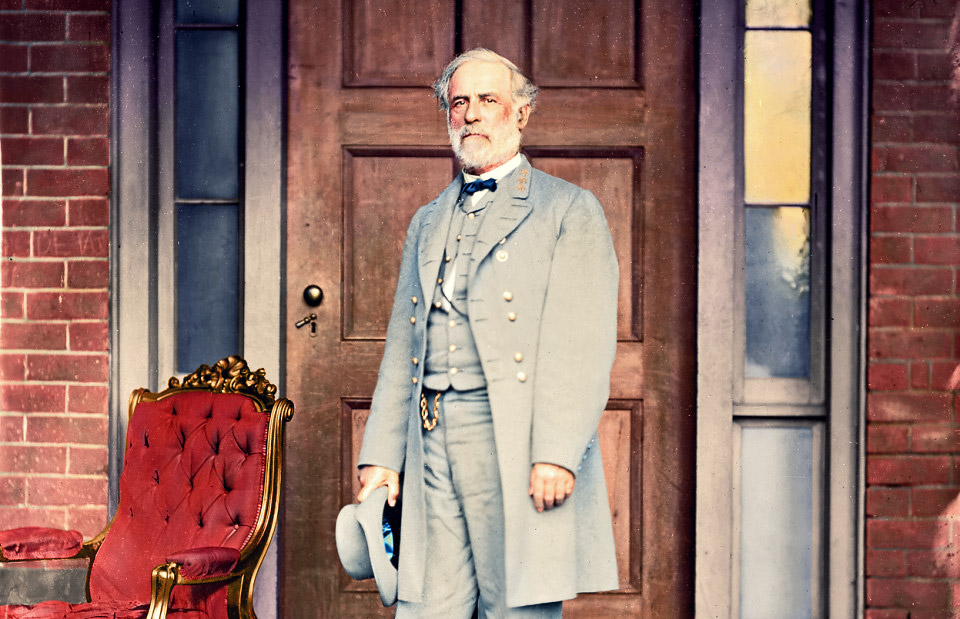Hopefully we’ve all seen the Denzel flick, American Gangster. It’s a good film. One line in it, though, has stuck with me more than any other. In an attempt to spread some wisdom to his nephew who’s hanging around with the wrong guys and focusing on the wrong things, Denzel’s character brilliantly says, The loudest one in the room, is the weakest one in the room. (Read This: Are You The Strong Man or The Critic?)
He wasn’t only referencing speaking too much or too loudly, but dressing too flamboyantly and spending too frivolously on things that are only meant to garner attention.
 I’ve always been impressed by guys, like my old man, who can sit back and listen, and only when the time is right, say what they want to say to add to whatever conversation they’re in. They don’t feel the need to blurt out anything if they’re not getting enough words in, or if there’s a pause in the conversation. They aren’t threatened by silence nor by someone else controlling the conversation because it’s very apparent, if you’re paying attention, that they’re the only ones who are completely in control.
I’ve always been impressed by guys, like my old man, who can sit back and listen, and only when the time is right, say what they want to say to add to whatever conversation they’re in. They don’t feel the need to blurt out anything if they’re not getting enough words in, or if there’s a pause in the conversation. They aren’t threatened by silence nor by someone else controlling the conversation because it’s very apparent, if you’re paying attention, that they’re the only ones who are completely in control.
It’s a quality I want to possess, this quiet confidence. It’s a silence both in words and in attire. It’s the man in the background pulling the strings, never needing to be the face or the voice. It’s the removal of the “hey look at me” culture that we’ve become. The entitlement culture. A society where each individual feels that they’re at its center.
A few weeks ago I bought a journal. You can find it on The Art of Manliness. It’s a journal that’s basically identical to that of Ben Franklin’s.
As a lad in his twenties, Franklin, in an attempt to improve himself daily, identified 13 virtues that he deemed important and that he wanted to obtain. Silence was one of them. Silence, in a society that seems to have lost the knowledge that there are two ears and one mouth for a reason, is a virtue that’s becoming increasingly important. Silence shows confidence. Silence allows you to listen and reflect and respond in an intelligent manner. Being a man of few words is rare. It gives those words more weight.
Rather than wishing this virtue to be mine, I’m actively working on acquiring it. To let those awkward silences pass. To be comfortable in silence without having to turn on the TV or stereo. To dress with simplicity. To listen more intently.
If you’re a worrier, you don’t have to remain one. If you feel the need to talk in awkward pauses, you don’t have to. If you’re timid, you can change. If you’re weak, you can become strong. If you’re a victim, you can become a warrior, a man.
This isn’t the only virtue I’m working on, though. But a part of a man I’ve identified I’d like to become, one that’s a combination of men both present and past that I look up to, while staying true to how I am now and who I’ve always been.
Work on the Self, Not Only the Accomplishments.
The man you are right now, with all of your good qualities, and bad, is not the man you have to remain as for the rest of your life. You can change. You can improve. You can evolve into the man who holds that qualities that you most respect in others.
We plan our careers, our days, even our lives. We set goals and we set out to achieve those goals. But how many of us identify the qualities and characteristics we’d like to have, and then work to acquire them?
Have you taken the time to look at the people in history that you look up to and admire? Have you identified what you respect in others, even the characteristics of fictional characters that you’d most like to possess?
I find that by using models I’m able to better understand who I am and who I want to be. I may not have the qualities that they possess, and in reading or seeing how these models act, I can identify what I don’t yet possess but want to possess in the future. Below are 5 such virtues that I want to acquire, and that all men should acquire. And to make it easier to understand what these virtues look like in real life, a model exists for each. Most of the models are historical figures, one is fictional.
Resolution: Theodore Roosevelt

By his end, he was an explorer, the author of 35 some-odd books and many more papers, rancher, cowboy, President of the United States, powerful speaker, great leader, and father. His ability to finish what he started was incredible. Once a project had begun it took over his life. Boys can wander from task to task without resolving or finishing what they’ve started. This is no way for a man to operate. Read anything about TR, for that matter, and what you’ll be exposed to is a masculine man who did what he said he was going to do.
A man’s word is important. To be one of the few who actually sticks to his word in a society filled with empty promises and wishes, is to set yourself apart from the majority, which is a very good thing.
Silence: Ray Donovan

Gone is mystery. Gone is the silent grit that we’d see from John Wayne or Mr. Cooper. Although Ray Donovan is an incredibly flawed individual, he doesn’t use unnecessary words, nor does he flaunt his finances with the flamboyance that others do even in his show.
Use Donovan as a model, or John Wayne, or Gary Cooper, but the man who uses few words tends to listen better. He tends to have the perception of intelligence even though it may not be completely true, simply because he’s given less evidence to the contrary.
He surely has the perception of being more confident.
Don’t blurt out words just to break the silence. Don’t tell everyone your dreams and your problems, just ask questions and get to know them for a change. Don’t buy fancy cars or clothes or homes just to show others that you’re doing well.
The loudest one in the room truly is the weakest.
Moderation: Marcus Aurelius

You learn a lot when you read Meditations. It’s a book of letters from the man to himself. He asks questions and attempts to answer them. You can see that he’s a man who clearly understands the uselessness of the frivolous conversations had by the masses. He abhors gossip and opulence. Although he’s one of the wealthiest men in history, he’s chosen to live a life of moderation, a life surrounded by only what is essential.
As we buy things we don’t need to impress people we have no business trying to impress, we pull ourselves away from those things that are essential in life. When you live a life of moderation, you live a life of clarity, a life of importance, and a life of value.
Humility: Seneca

To fully learn you must come to the understanding that no matter how intelligent you are or how strong you are in a given field, every human on this planet will provide you with something new to learn if you allow them to. And the only way to allow them to do so is to be a humble man.
Seneca’s, On the Shortness of Life, is a brilliant book and a look into how to live an effective and good life. Humility is a necessary virtue to possess to live a life of value, and knowing that you have a long way to go as a man and a person is the first step in acquiring humility.
Discipline: Robert E. Lee

When Lincoln asked Lee to be the Union’s general when they attacked the South, he thought about it for a time, then declined. He couldn’t, in good conscience, attack the men and women of his home state, Virginia. And even though the Union was far better backed, funded, and supplied, it were his values that guided him to take the much tougher job.
He loved whiskey, which is why he wouldn’t drink it. He was a man of principle, and a man who had the discipline to live out those principles.
Read, Clouds of Glory, for an in-depth look at Lee, or Robert E. Lee on Leadership for a lighter read with great insight into the character of the man that Churchill and Roosevelt called the west’s greatest general.
